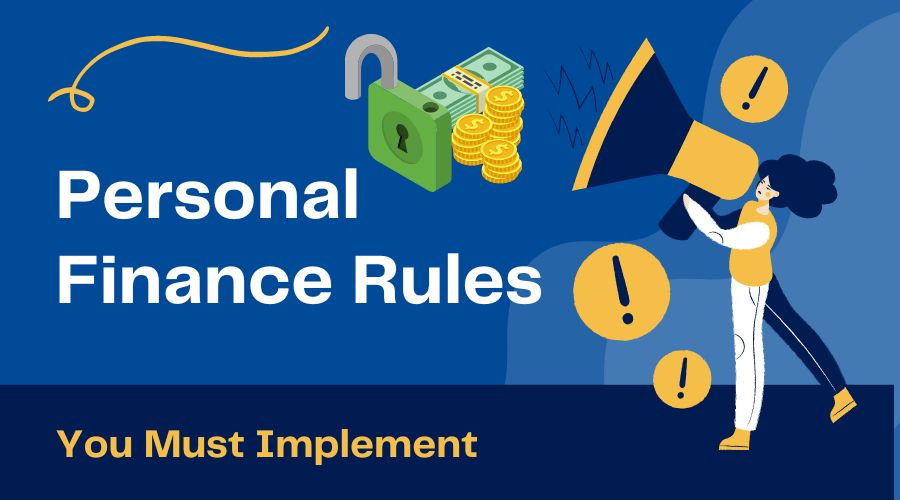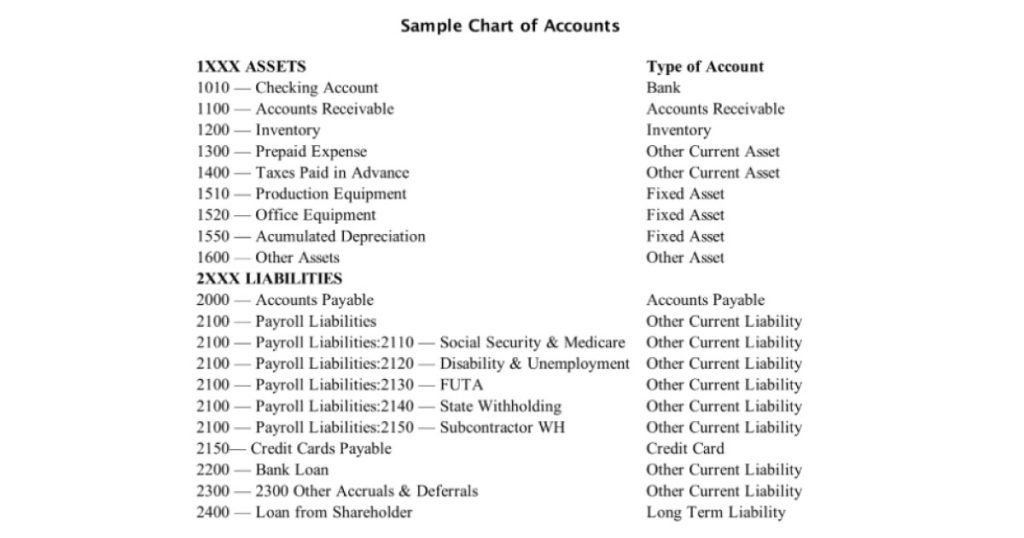
Wouldn’t it be nice if there was a consolidated list of personal finance rules to guide your financial decisions?
Well, here it is.
If you can implement these personal finance rules, I can guarantee you will become a wealthier person. I’m willing to help you if you need it.
Let’s get into it.
Rule #1: Always Make More Money Than You Spend
The most important personal finance rule is always make more than you spend!
If you can follow this rule, the rest is gravy.

You’ll always have excess cash flow that can be saved and reinvested elsewhere.
I know you’re thinking “really, always?!”
Think of your core normal month expenses and savings less than you spend in a month. If you’re going on a big vacation or making a large purchase you may break this rule.
But those big purchases are coming off of your balance sheet where you’ve made the decision in the past to make more than you spend and you therefore can afford it.
So yes, personal finance rule #1: Always make more than you spend.
Rule #2: Personal Finance is Personal
What works for me won’t always work for you.
Money is emotional and is about learning to see and master your emotions.

The way you were raised to think about money plays a HUGE role in your money mindset. Sometimes these can be helpful thoughts and sometimes they’re detrimental.
Don’t fall prey to these common money myths.
The key is to observe those thoughts, decide what works for you and make personal decisions that work for you and your family.
Rule #3: Always Have an Emergency Fund
Period.
When you have a cash cushion, your money stress decreases significantly!
You can follow the Dave Ramsey baby step of saving $1,000 or you can go for it and save 3-6 months of expenses.

When you build your emergency fund, you can save an amount equal to your entire monthly spending or just your monthly bills. See rule #2.
What makes you feel secure?
This is intended to shield you from the random things that pop up in life. If you’re following rule #1 of always making more than you spend you’ll find that your monthly cash flow can cover most of the randomness anyways.
So the cash ultimately just sits there and makes you feel secure.
Rule #4: Maximize Net Worth Growth, Not Income Growth
Your income does not equal your savings.
It’s easy to say “I just need to make more money. Then I’ll be set.”
But if your income goes up and your expenses go up simultaneously, you’re not making any change in your financial situation.
You’re not getting any wealthier.
If you shift your focus to net worth growth, it’s easier to ensure you’re getting wealthier.

Yes, it’s awesome and feels good making more money.
But it feels absolutely terrible seeing you made $30,000 a month and spent $30,000.
How the eff did I spend that much money?!
It feels greater seeing you made $30,000 a month and spent $10,000.
So this is why it’s necessary to shift the goal to focus on month over month and year over year net worth growth.
When you build this habit early and then you do grow your income, it allows you to grow your net worth even faster!
Where Do You Get Started With Understanding Your Net Worth?
Learn how to calculate your net worth.
Then begin to improve your net worth.
Then learn how to budget your money and you’ll be on your way to becoming incredibly wealthy.
Rule #5: Roll With the Punches
I’m a YNAB user and I love that they created this one.
It’s so true and so mentally freeing.
You won’t be perfect with your budget and you don’t need to be.
There is a misconception that a budget is a stiff, restrictive document that you must follow or else you’re a POS.
That couldn’t be further from the truth.

A budget is intended to give you a plan that you attempt to follow. It’s essentially planning what your current money is used for and thinking a few weeks into the future to cover anything you know is coming down the pipe.
Will you still eat out more than you intended? Probably.
And that’s okay!
Give yourself grace and roll with the punches.
Rule #6: Don’t Use Bank Balance Budgeting
It’s time to let technology do the heavy lifting for you.
Stop doing all of the mental backflips to make money decisions.
No more, I just got paid and I think I have enough set aside for the mortgage so I can have a nice dinner tonight I think.
Time to stop keeping all of your bills in your head and/or ignoring their due dates.
Use a budget tool like YNAB to help you break the cycle and actually know where your money is at.
Rule #7: Always Pay Your Credit Card Statement Balance
We always want to take advantage of the tools given to us.
Credit cards can be one of those tools if you know how to use them.
The key with using a credit card is you must always pay the statement balance.
That bears repeating and emphasis.
Always pay your credit card statement balance.
Not the minimum balance but the statement balance.
This is how you avoid fees and interest and stop donating your money to the bank.
It’s worth noting that it’s proven that we spend up to 20% more when we use credit cards. There is just something psychological about not having to give the money right away that triggers us to indulge ourselves.

So if you notice this is spiraling out of control, then it may be worth putting the credit card away and forgoing the short term points for the long term comfort in your financial situation.
Rule #8: Embrace the Emotions of Personal Finance
And try to maintain a positive attitude.
When you first understand your financial situation, it can be overwhelming and make you feel bad about yourself.
You’ve got to give yourself grace.
Just because you’ve historically not made great financial decisions doesn’t mean you will always make poor money decisions.
It starts with knowing where your money is at and you’ve now taken the first step by learning how to budget.
By taking that first step you will begin to improve your financial situation.
Don’t fall prey to the money myths that hold most people back from starting to improve their financial situation.
Rule #9: Pay Expenses Annually Instead of Monthly
Most companies will offer discounts for paying expenses up front versus every month.
Take advantage of those discounts!

Using a tool like YNAB will help you set money aside monthly for your annual expenses.
It’s definitely worth taking advantage of every discount you can get!
Rule #10: Get Professional Financial Help if You Need It
Let’s face it – money can be confusing.
There are so many decisions that intersect with emotions and it makes for a blood bath.
It’s something easier to bury your head in the sand and pretend it doesn’t exist.
But I’ve worked with people who have taken that approach and they get to the later years of their lives and wish they would have understood their situation sooner.
I’d love to help you implement these personal finance rules so you can understand your financial situation.

